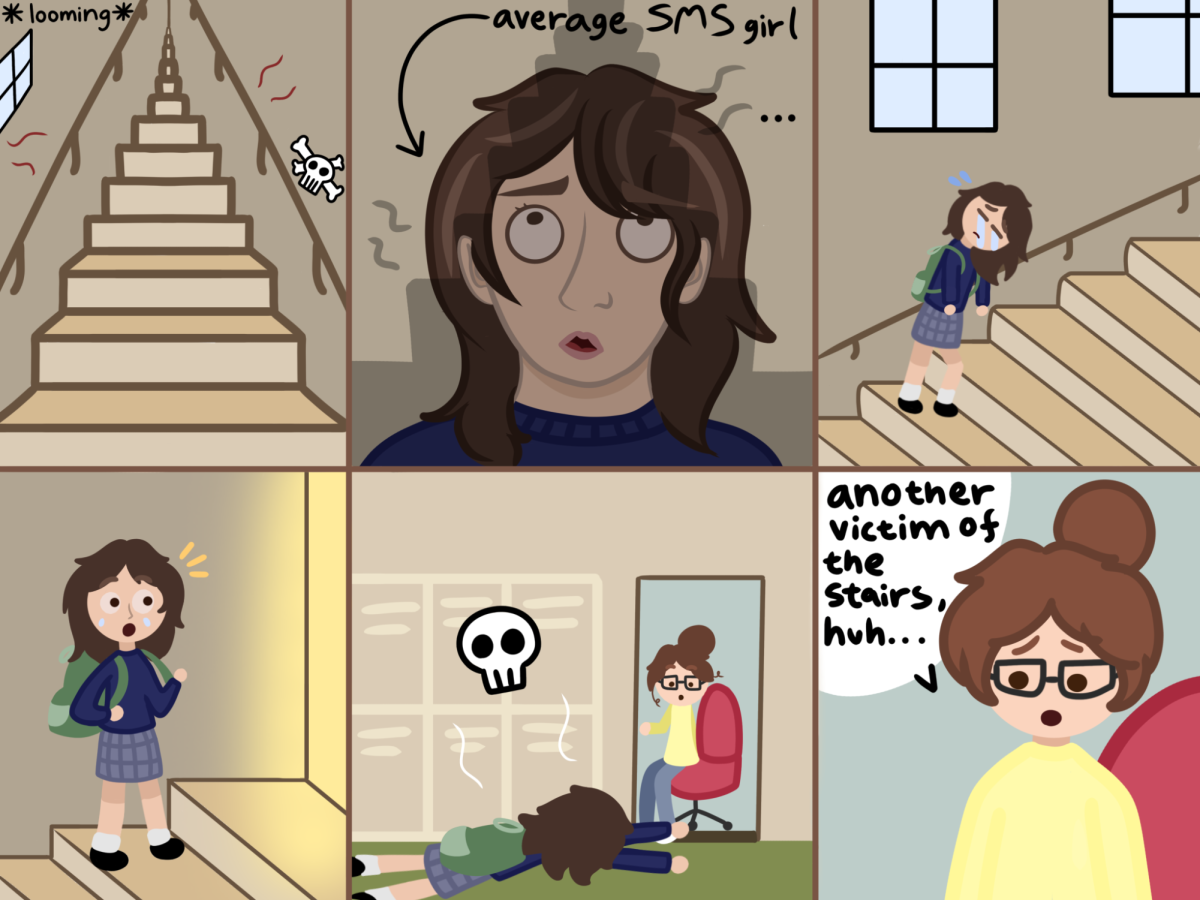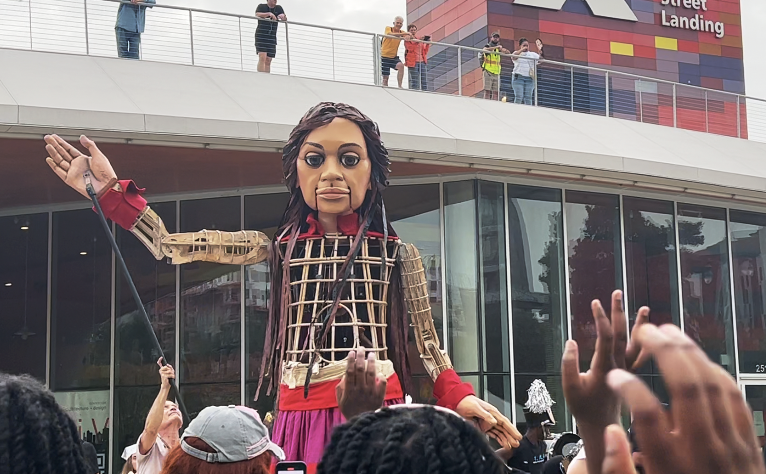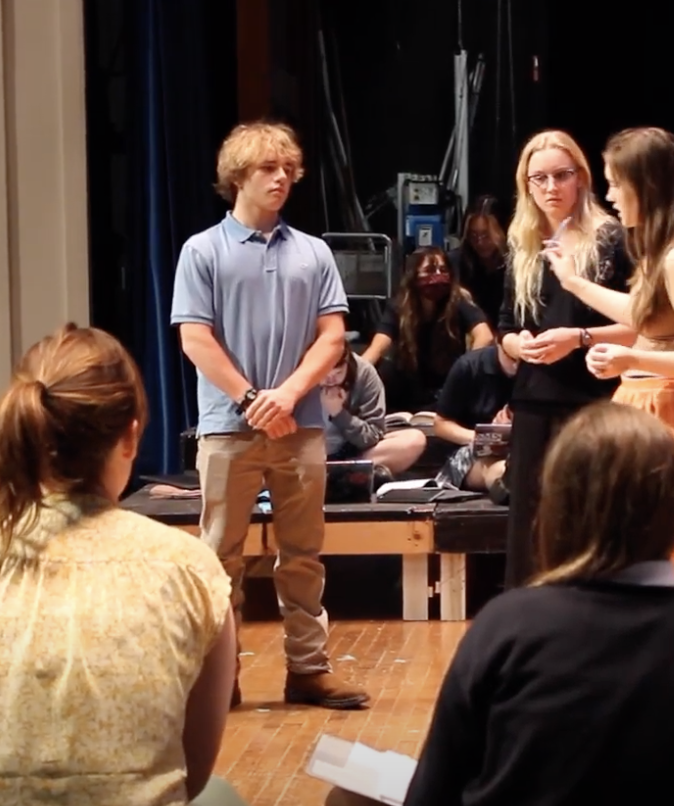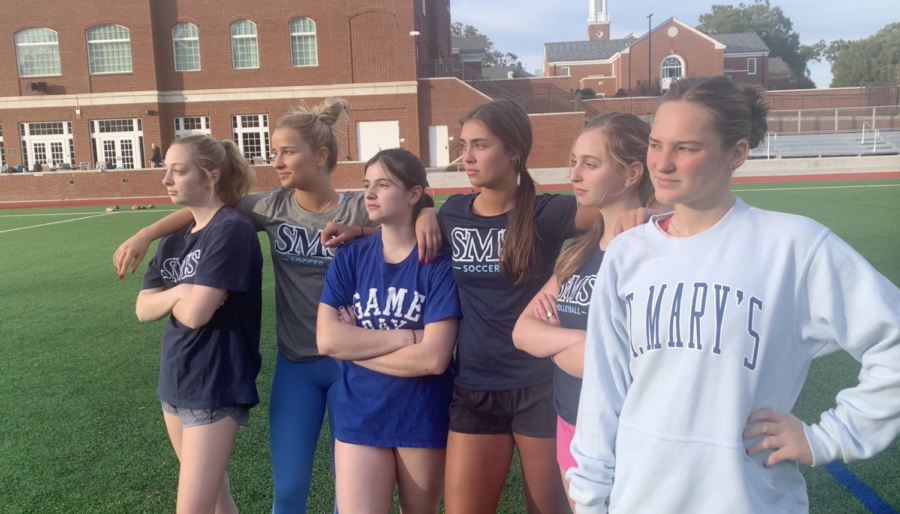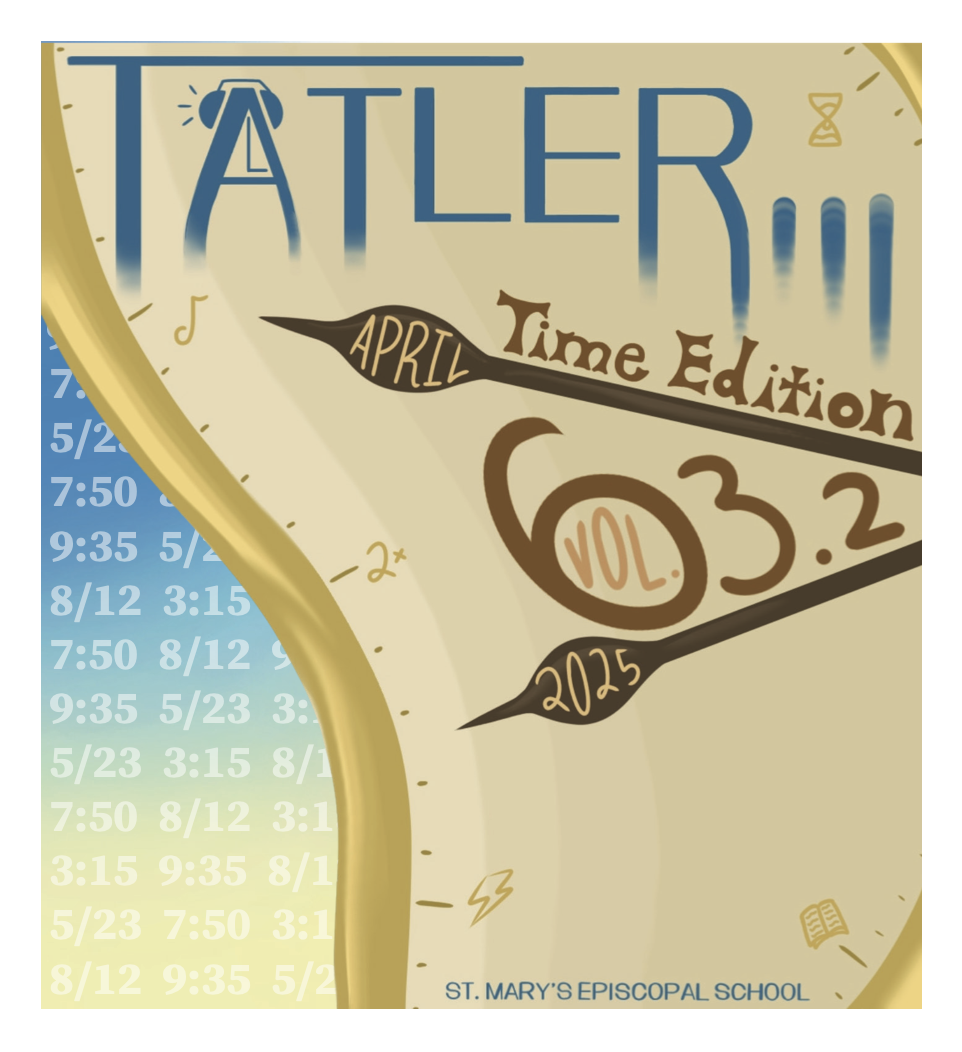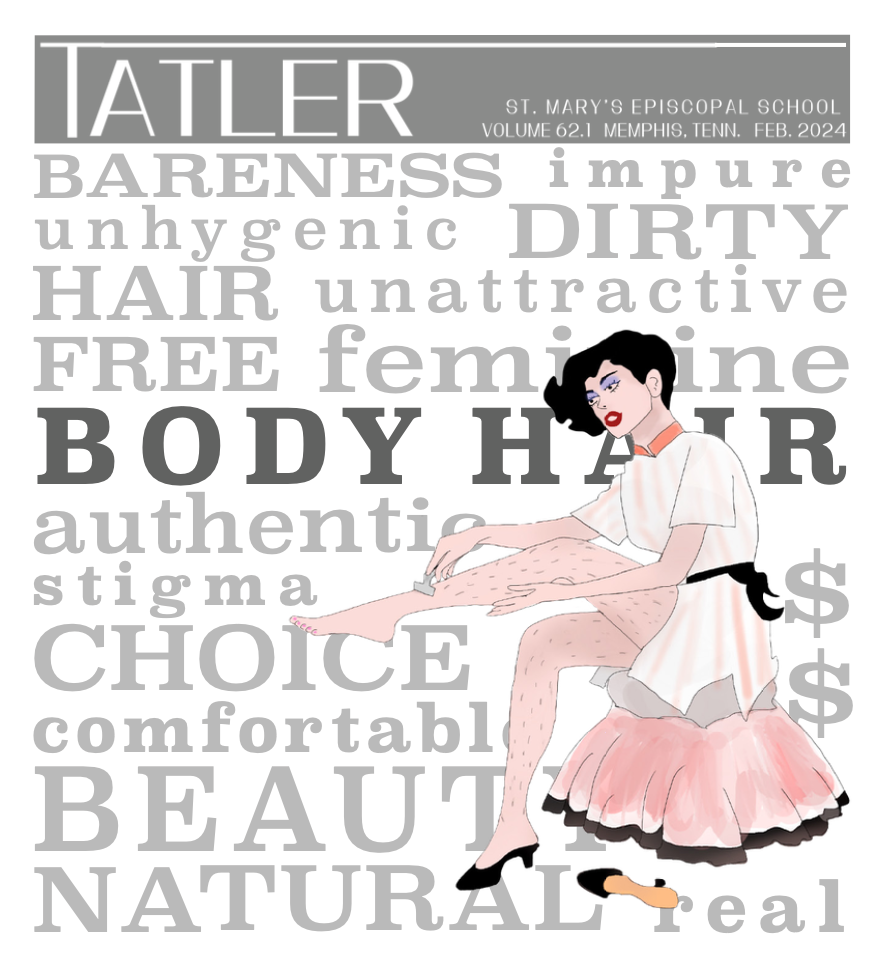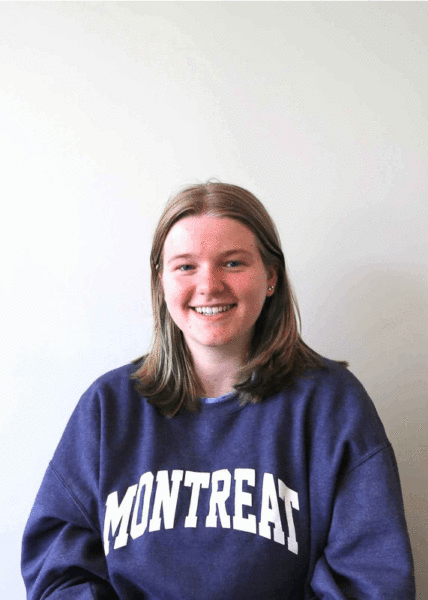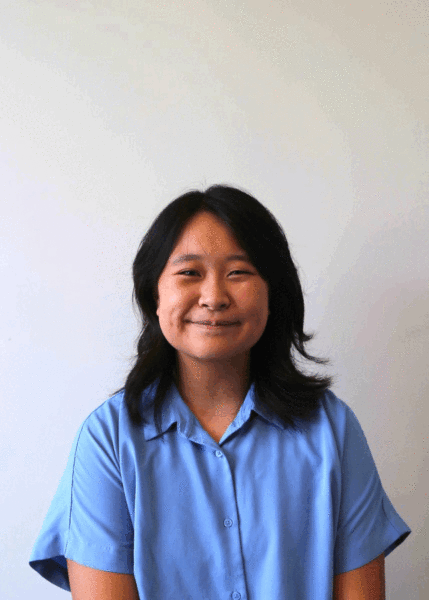
What does the world look like when you step outside of your bubble?
English teacher Caroline Goodman stresses the importance of incorporating diverse perspectives into one’s education.
“Particularly in our community, we…live inside very naive and very white bubbles. It makes us a little naive to the struggles outside of the bubble,” she said. “Every St. Mary’s kid is eventually going to leave the bubble, [and] she needs to see the world as a true picture of what it is in order to be a good citizen, in order to be a good friend, in order to be a good colleague.”
Goodman believes that the key to becoming our best selves is to listen to other people’s stories.
“To go out into the world and be a good human, we are all required to try to understand other people’s perspectives and backgrounds and stories,” she said. “It makes us more empathetic… compassionate… and more understanding human beings.”
Listening to others was an important part of her Marginalized Voices in American Literature class, which is being phased out next year. But students disappointed by the loss of Marginalized Voices may be excited to learn that AP African American Studies will be available to upper school students starting in fall 2024.
More than 300 African American Studies professors from numerous historically Black colleges and universities developed the AP African American Studies curriculum, which includes everything from early African societies to African American writers’ response to racism.
But the College Board had only just announced the course’s pilot program in 2021 when it started facing backlash. Florida Governor Ron DeSantis became the loudest voice of opposition, criticizing the program for imposing a “political agenda.”
Topics like the “Black Lives Matter movement” and “Black feminism and reparations” are those with which Florida took particular issue.
Shortly after DeSantis’ dissent, the College Board altered the course’s framework to exclude those topics, a strategy that sparked more controversy.
Despite its already contentious existence, after two successful pilot programs in 2022 and 2023 in select schools across the US, the class will be available to all AP schools in 2024. Not all schools will launch it, but St. Mary’s will.
“I’m actually really proud of St. Mary’s for [adding the course],” Zoe McMullen, senior and Black Student Alliance president, said. “I feel like that’s a step that a lot of schools are not willing to take right now.”
While its presence in the media has lasted, the controversy surrounding AP African American Studies did not affect the St. Mary’s council’s decision to launch it in August.
Instead, the new course was added to fill a gap that administrators began to notice: it had been over four years since the last in-school history elective was initiated at St. Mary’s.
“History is a very popular elective choice for Upper School students, so this class is a great addition to add to our history course offerings,” Lauren Rogers, Head of Upper School, said. “It’s all about one, making sure our curriculum is contemporary and expansive, and two, looking at where students are choosing to take electives and making sure electives are fresh and exciting and engaging.”
McMullen contends that St. Mary’s’ own identity necessitates the course’s implementation.
“[St. Mary’s] is a predominantly white school, and while we do have a Black Students Alliance and we do have Black students, it’s a very small population,” McMullen said. “I’m a firm believer that it [should not be] up to children to be teaching other children about … ignorance and racism.”
Other classes at St. Mary’s engage with questions of race, class and ethnicity, but AP African American Studies will be the first that carries the potential for college credit.
For Goodman, it’s more about recognizing the diversity that already exists in the curriculum and adding more of what is needed.
“We add[ed] more diversity into our English curriculum all the way through, [and] it’s been a long process… to make those bigger, more systemic changes [to our courses], so I think Marginalized Voices isn’t as necessary,” Goodman said.
Rogers agrees.
“Shifts in the other English classes to make sure historically marginalized voices are woven in all throughout … is one of the reasons that class is sunsetting,” Rogers said.
But you cannot have a class without a teacher. As soon as the course was announced, Nikki Davis, the Director of Belonging, jumped at the chance to teach. This summer, Davis will train to teach the course, as well as network with its other future teachers to develop the best approach to teaching a new and potentially challenging curriculum.
Specifically, Davis plans to make the class project-based, modeling diverse ways of assessment and digging into critical-thinking skills that are necessary for higher education.
“I think this class can present some challenges for students who struggle with having harder … or more courageous conversations, but I think that those who are up for the challenge will really get a lot out of it,” Davis said. “It’s really just a great preparation for the opportunities they’ll have in college to do the same thing.”
Junior Isabella Tamburrino is excited for the difficult conversations in AP African American Studies, especially because they are so important to St. Mary’s values.
“We [at St. Mary’s] pride ourselves on good academics and [having] well-rounded people that graduate from here,” Tamburrino said. “In order to be well-rounded, you need to recognize the perspectives of people that are different from you because then you grow more as a community, and you also grow more as a person.”
Tamburrino also recognizes, however, that as good as St. Mary’s is at facilitating tough conversations, those dialogues are still difficult.
“I think that we have sometimes been hesitant to talk about controversial topics in the classroom … especially considering we are a white, Christian majority,” Tamburrino said. “I feel like it will take us a while to get comfortable with being uncomfortable.”
Davis is ready to support students through any potential discomfort by facilitating difficult conversations that translate from her work as Director of Belonging.
“What I’m most excited about is continuing to build those relationships with the students,” Davis said. “In this [Director of Belonging] role, I get to deal with St. Mary’s Place [the youngest students on the North campus] all the way to the seniors, but now I can have a more intimate setting to really start building long-lasting relationships with students.”
While she hopes teaching will offer more depth of relationship, Davis sees a direct correlation between AP African American Studies and her position as Director of Belonging.
“Being able to use this class as a launching pad to practice what I preach will be a great thing … to help recognize the differences that we have and to also recognize that in this space, each person has a contribution,” Davis said.
McMullen’s biggest hope for the class is that it gives proper attention to the happiest parts of African American history.
“There are a lot of things that happened within African American history that are worth mourning; however, there are more things to celebrate,” McMullen said. “While I understand that it is important to focus on the darker parts of African American history, I would argue it is more important to celebrate the wins and the happiness within the community.”
But for Davis, AP African American Studies is not the end.
“I think it can serve as a starting point to have more classes like this. Not just African American Studies, but we could [teach] a lot of different cultures, a lot of different areas in our world,” Davis said. “The more we learn about each other and different cultures the more actually we learn about ourselves.”


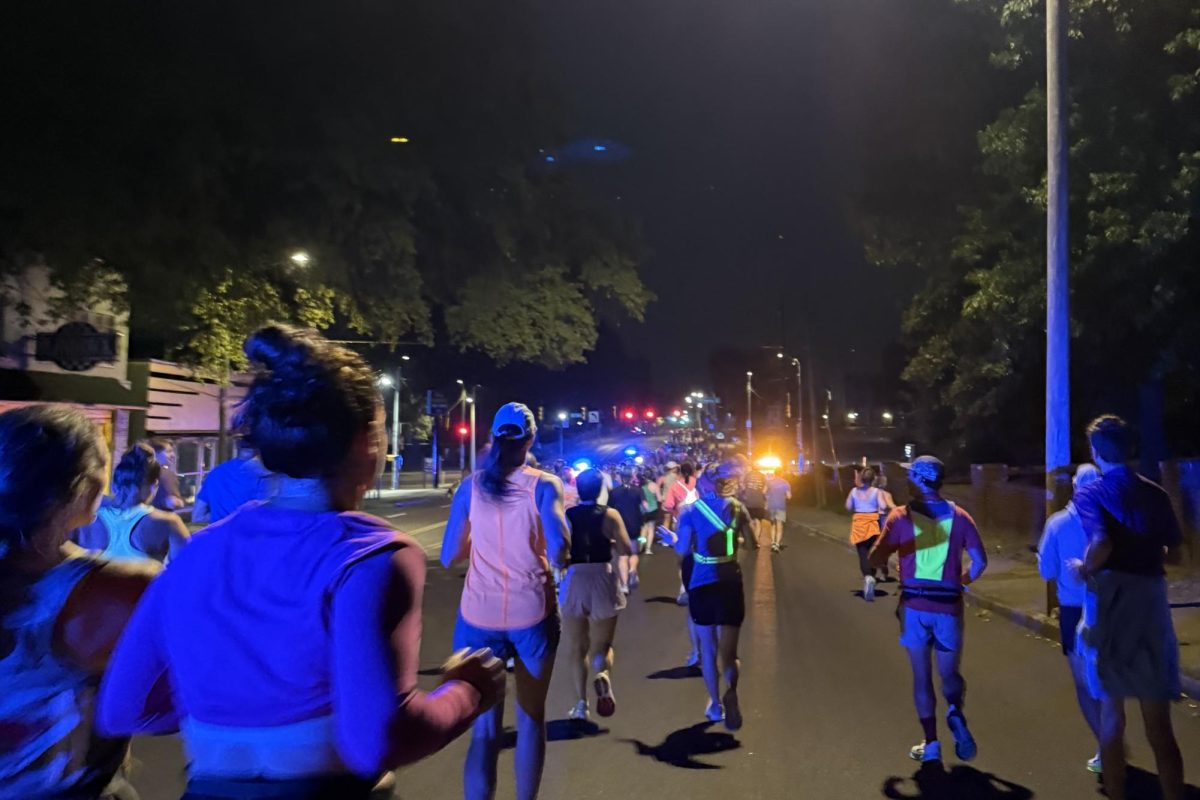
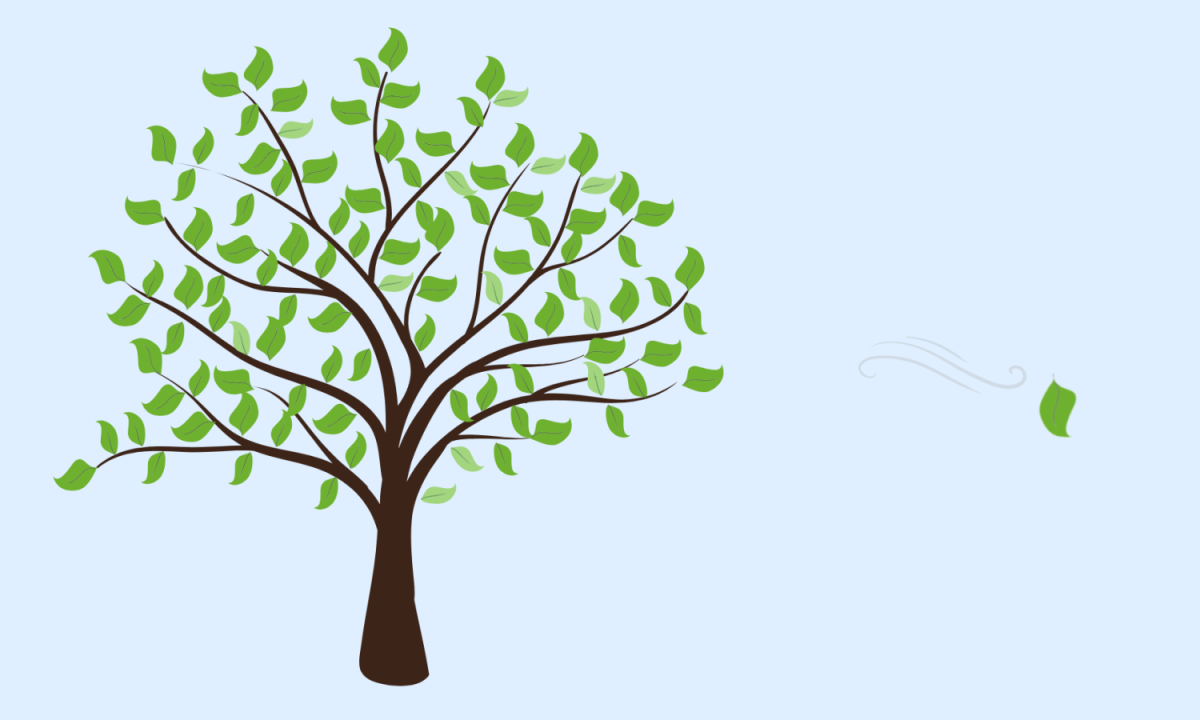
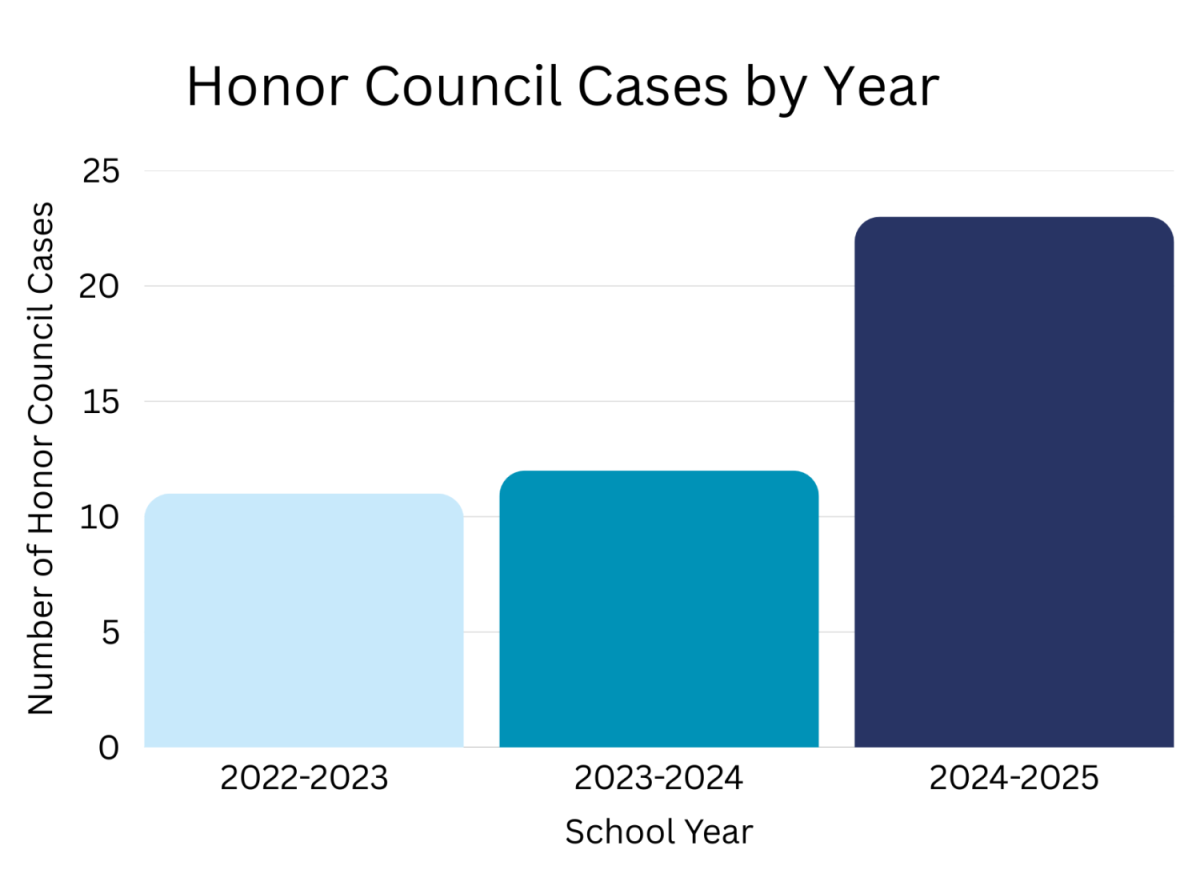
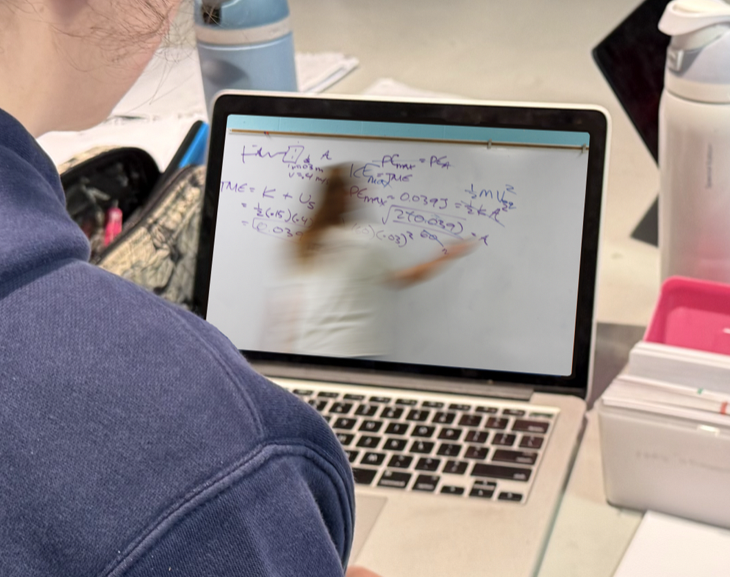
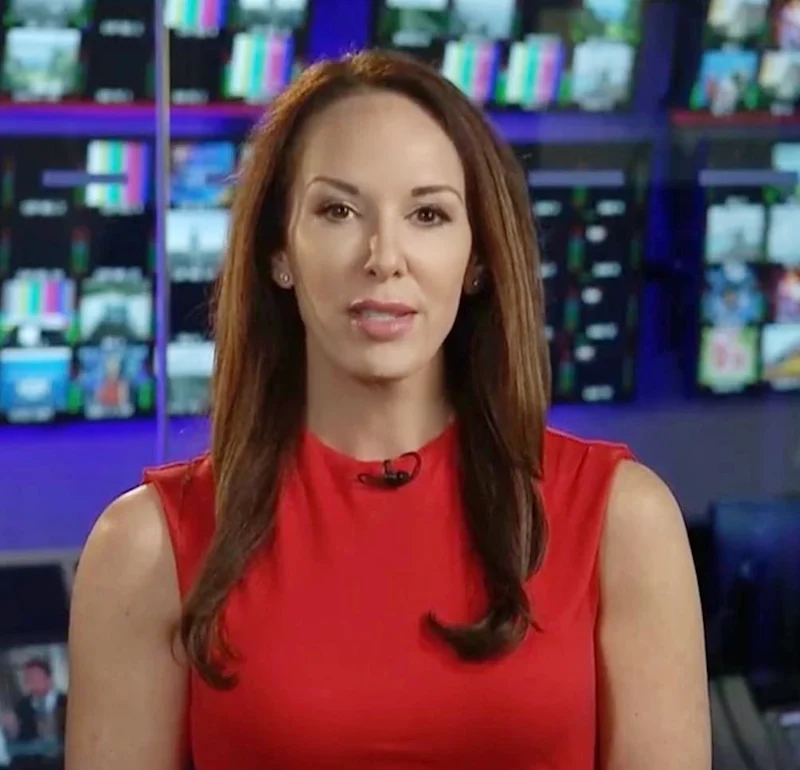

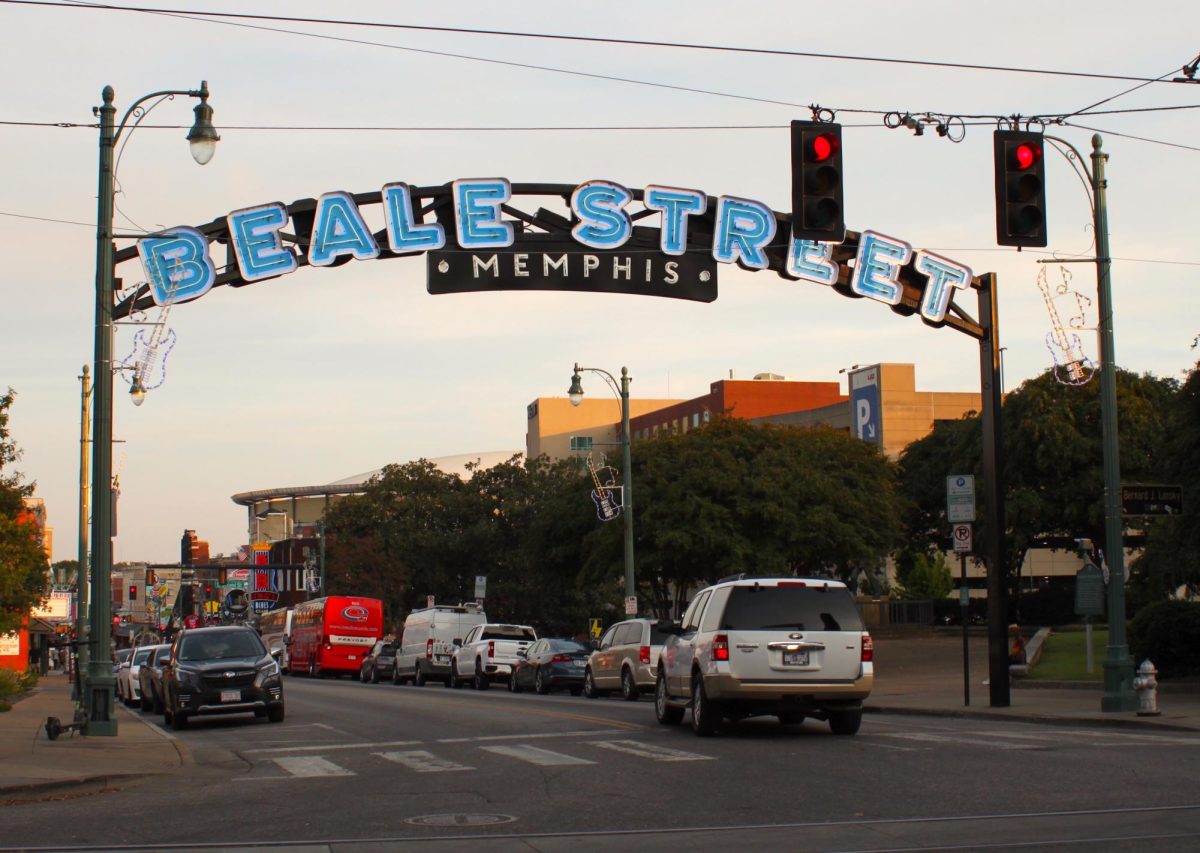
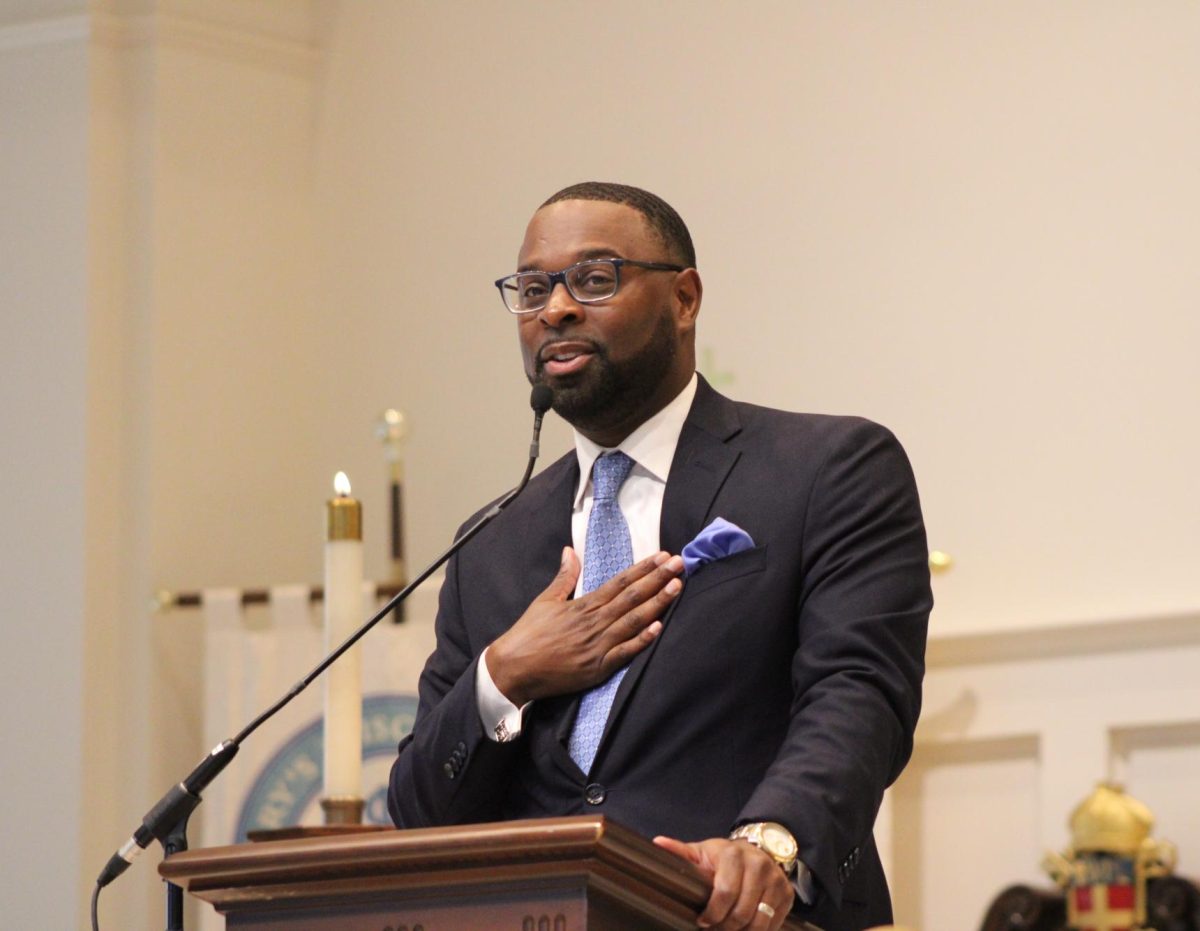
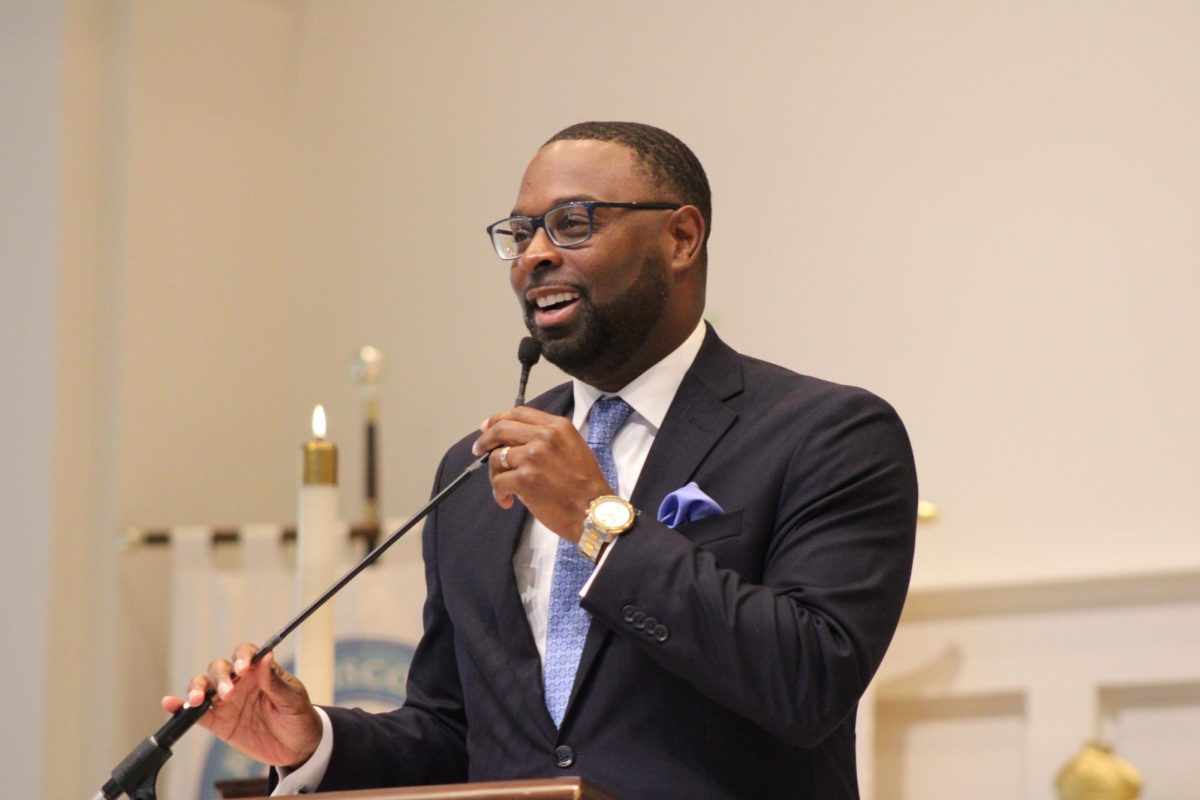




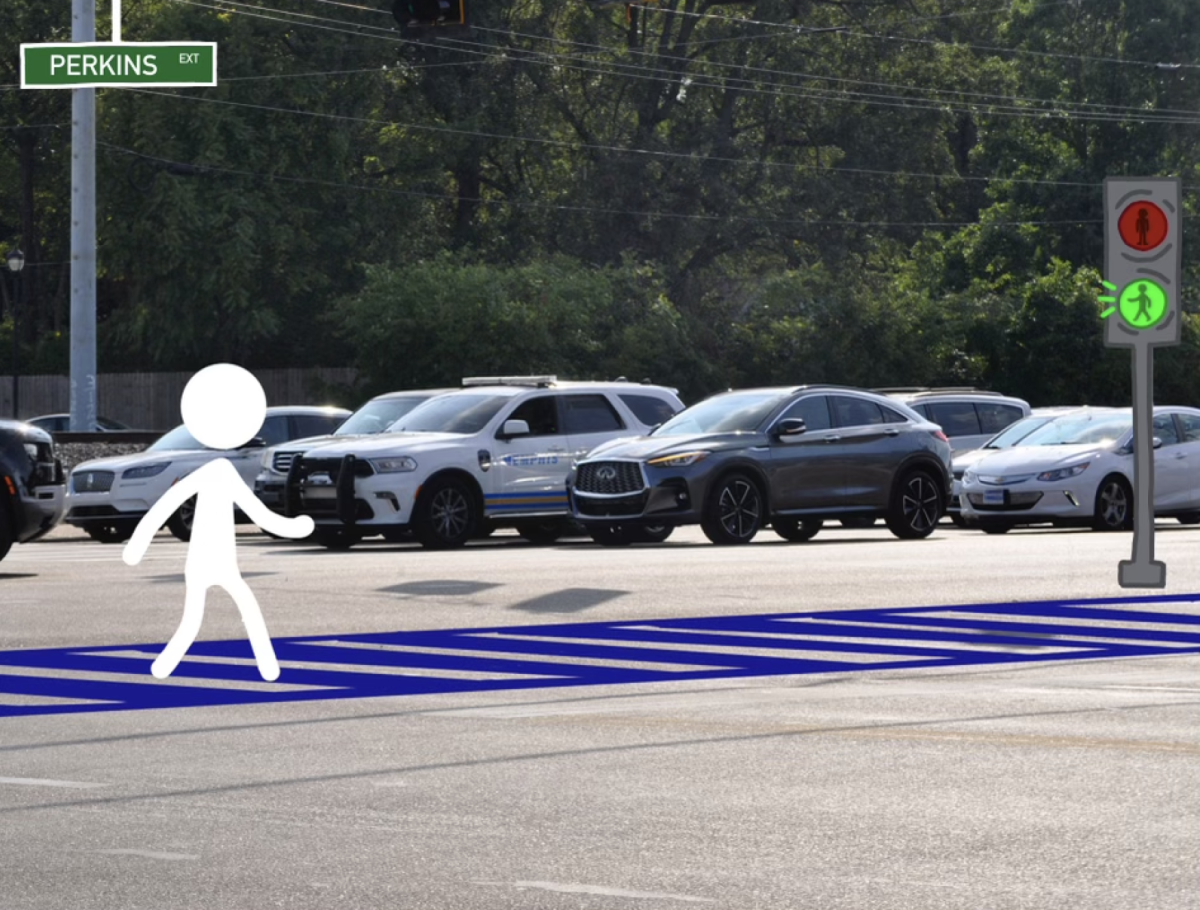




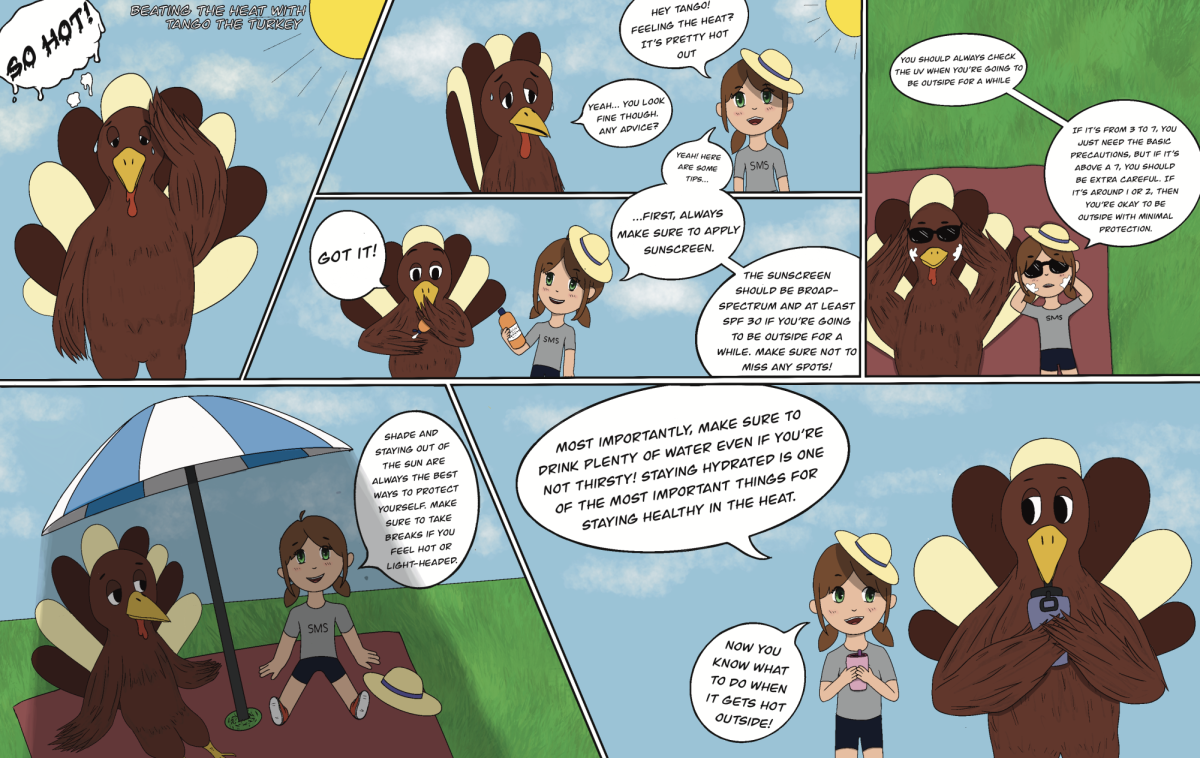


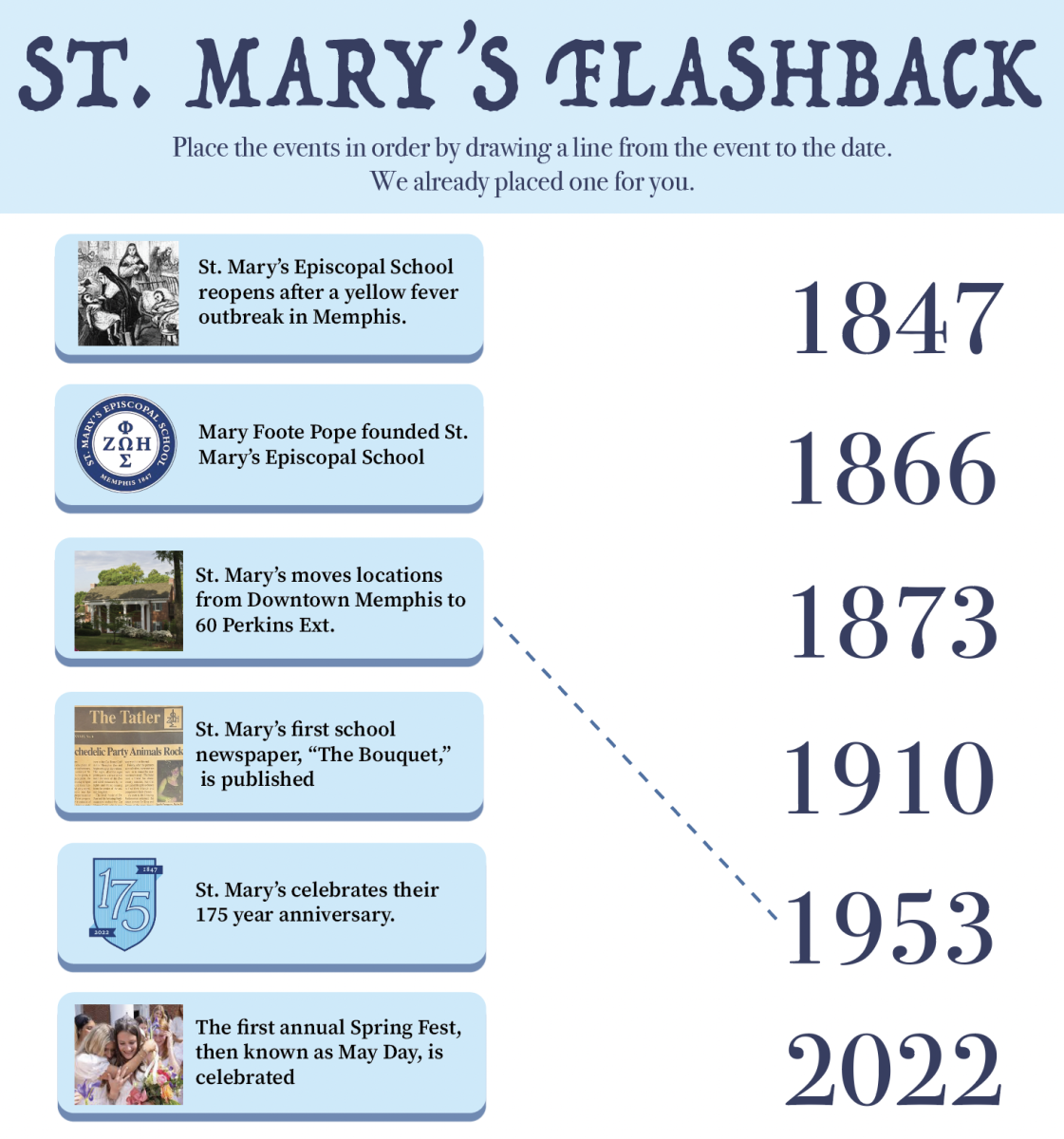
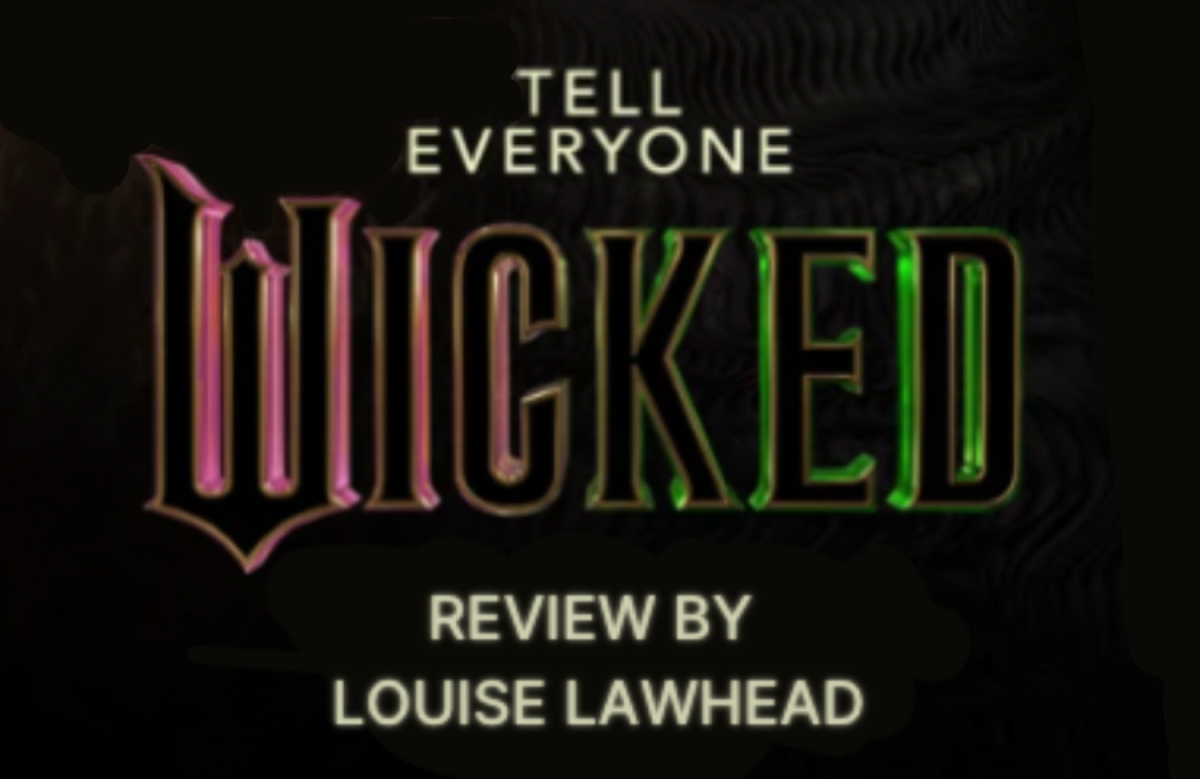
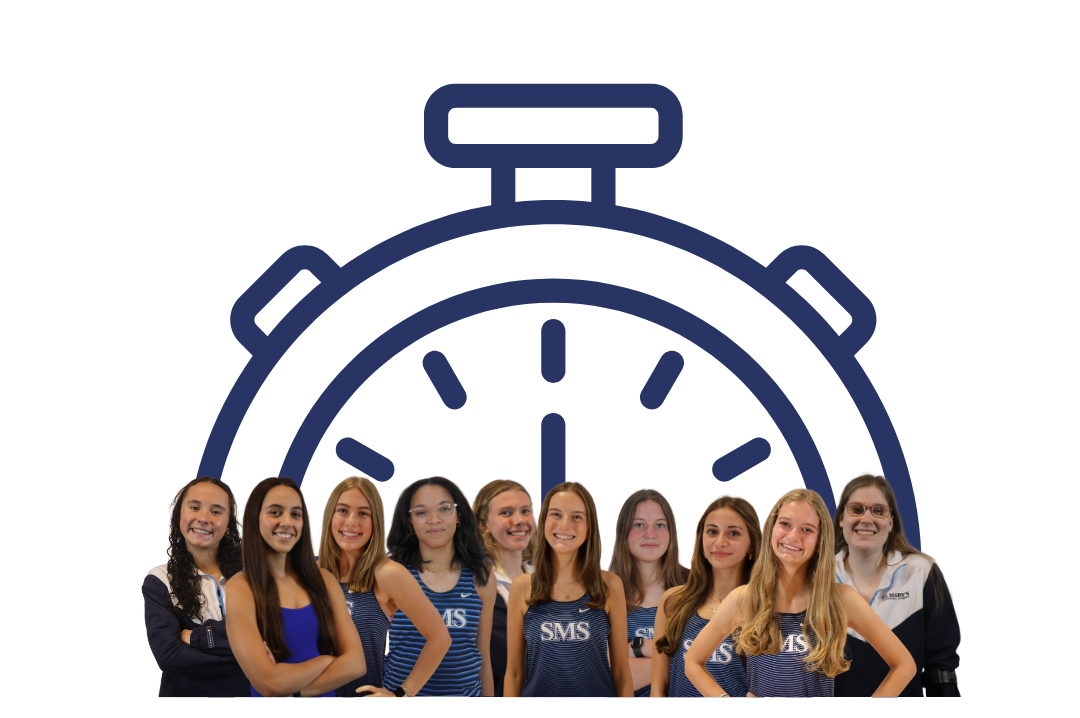
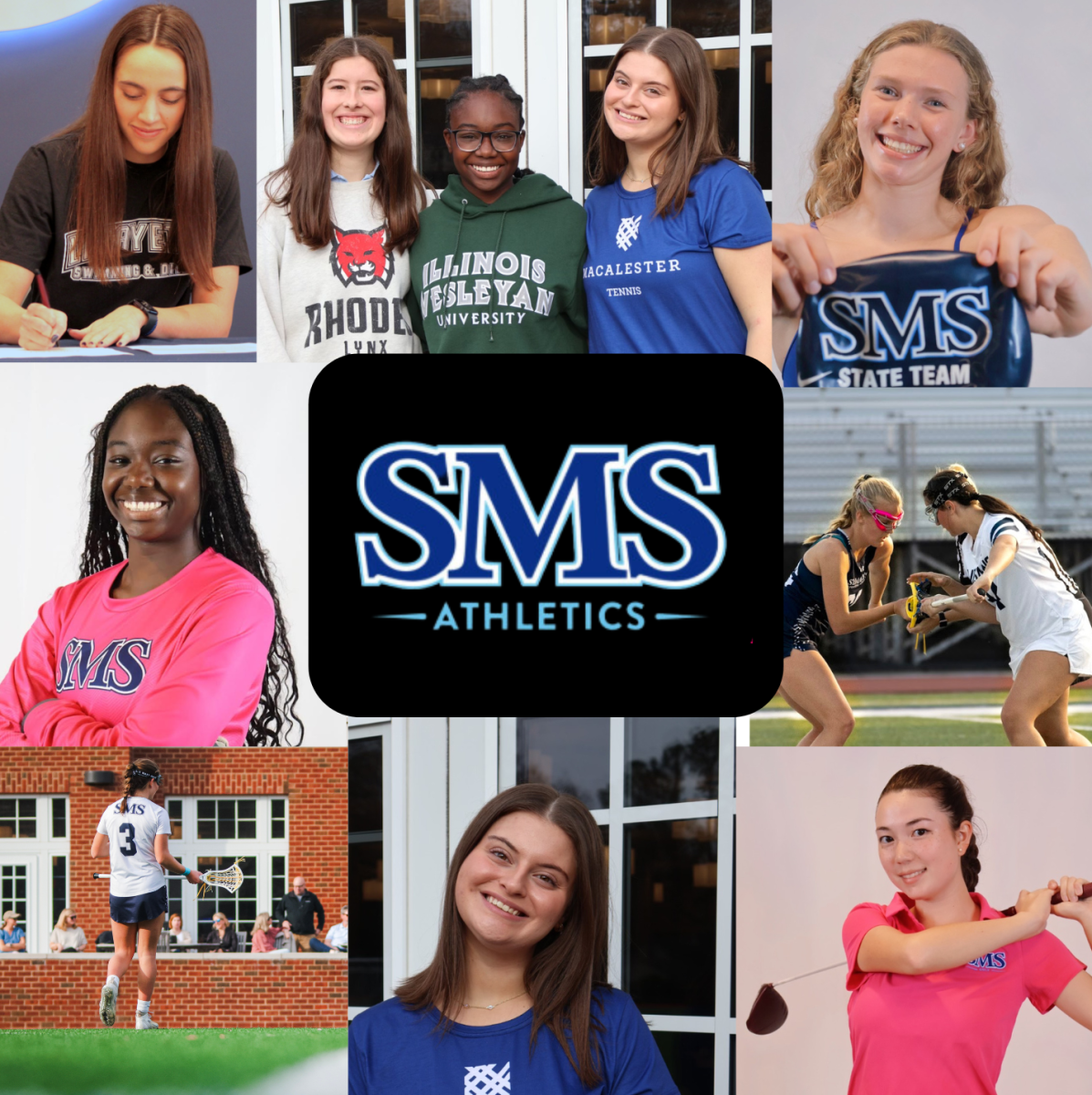
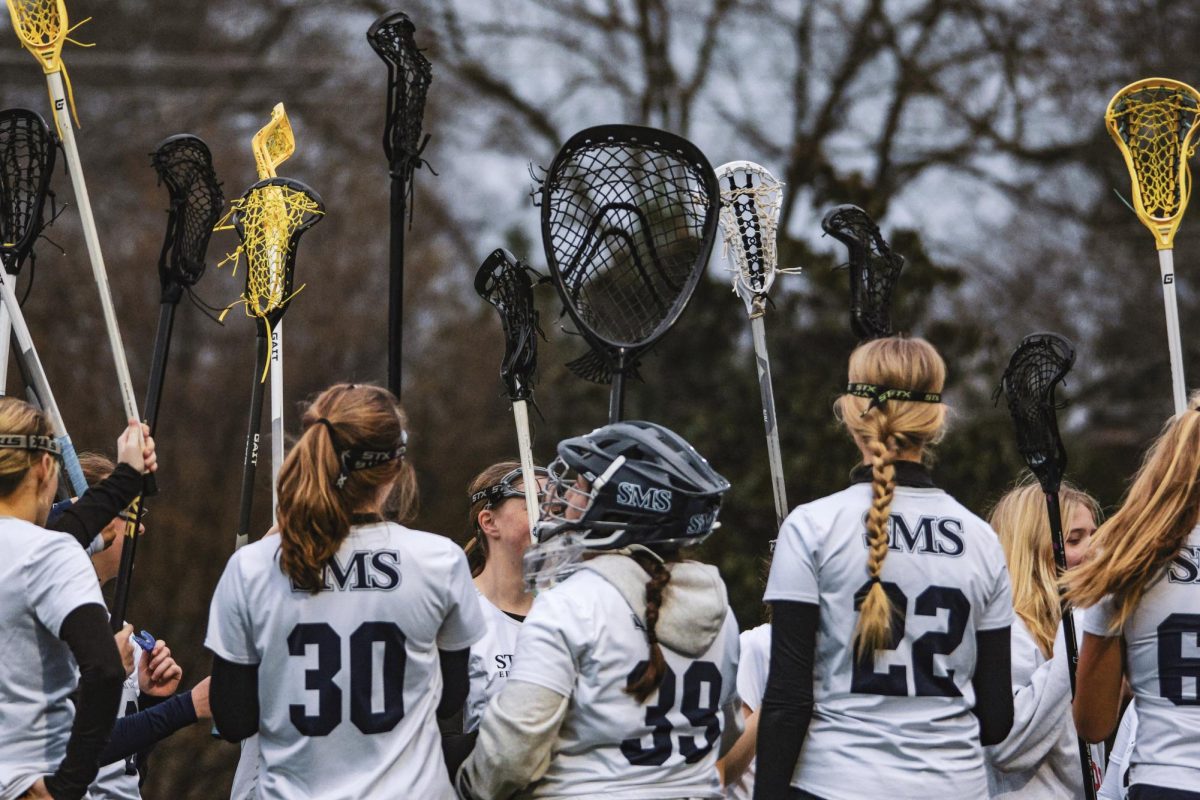
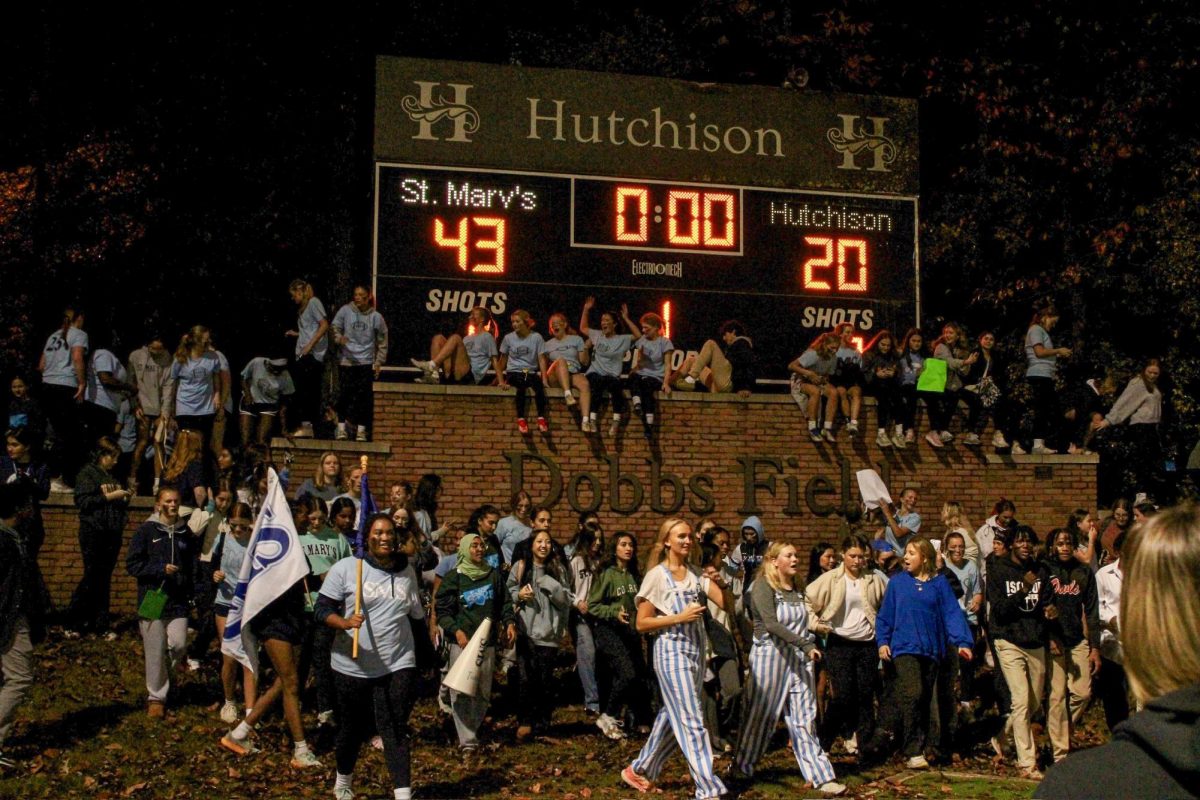
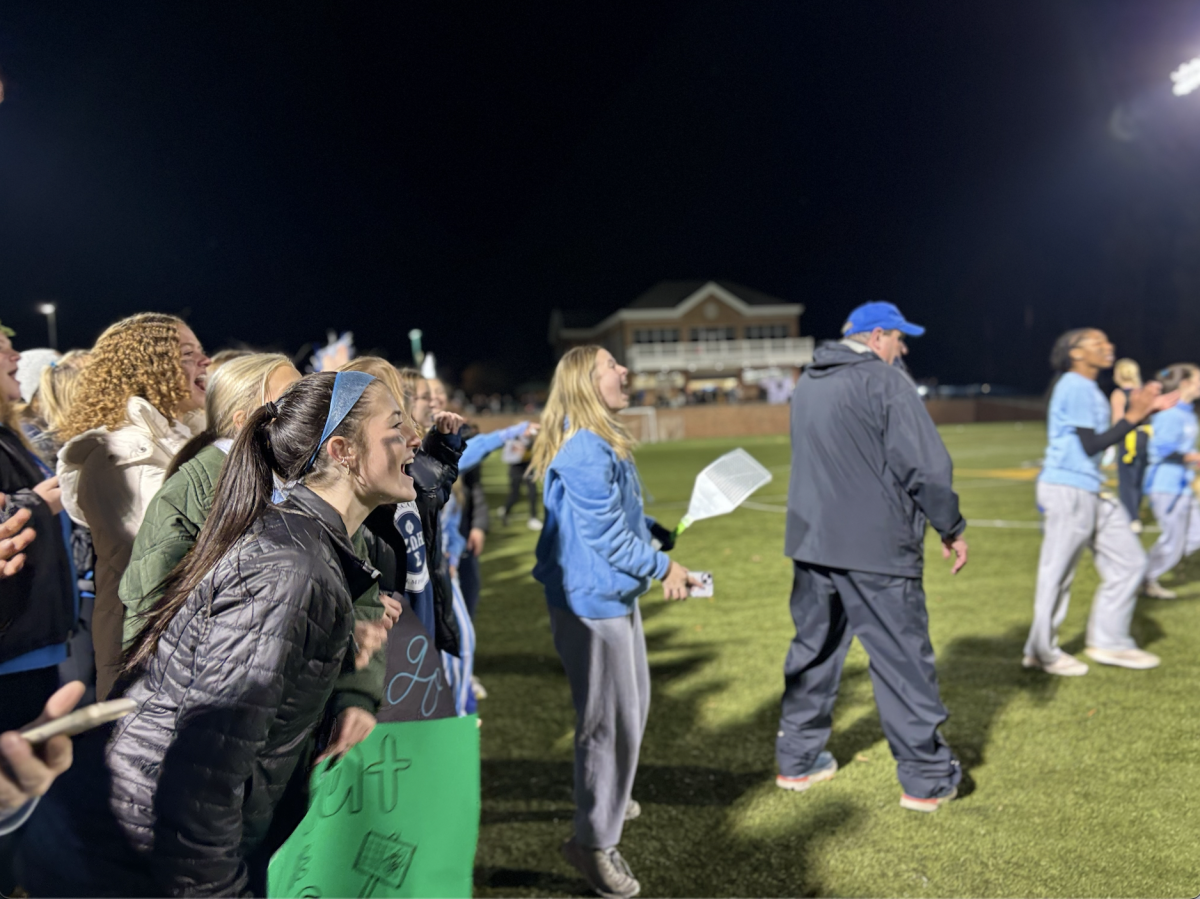
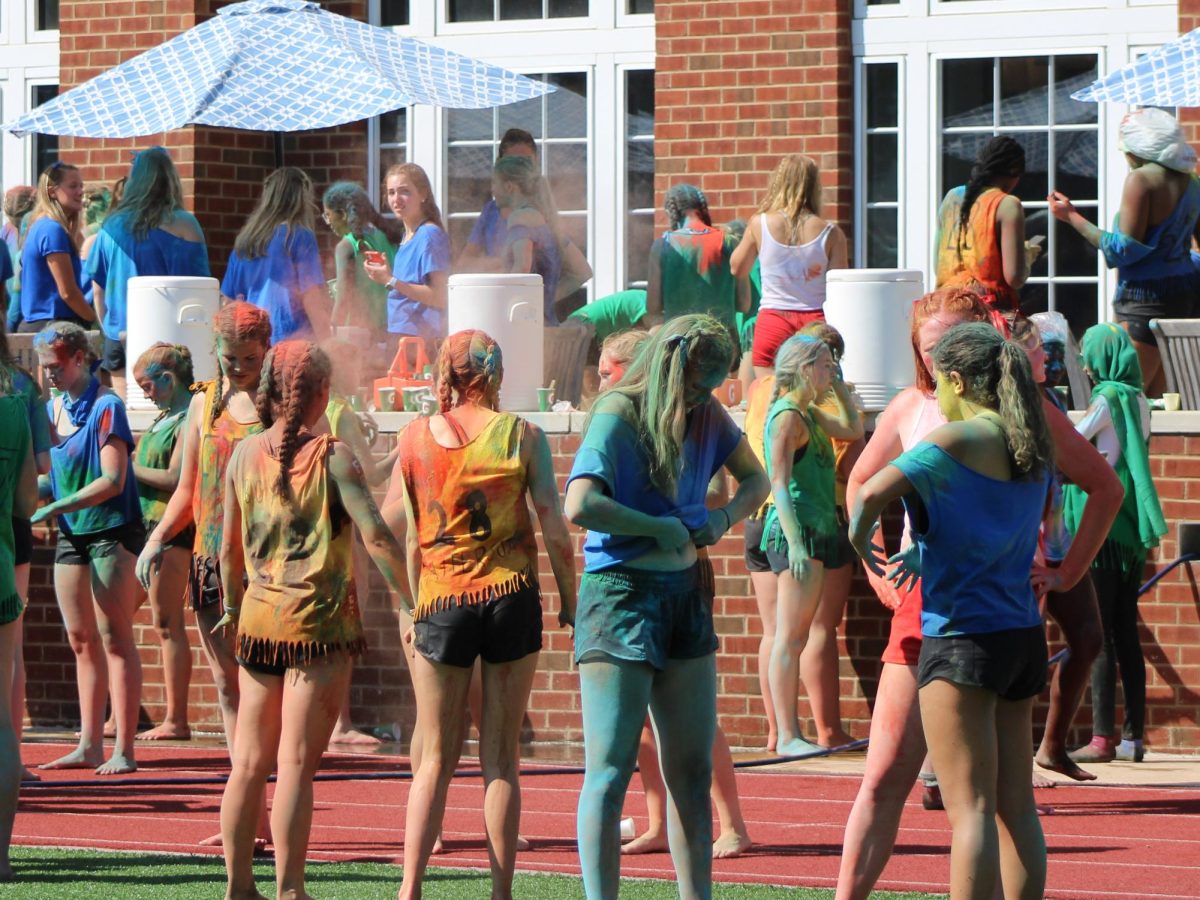
![[GALLERY] Walking in (Downtown) Memphis](https://stmarystatler.org/wp-content/uploads/2024/04/E1DAD3FE-E2CE-486F-8D1D-33D687B1613F_1_105_c.jpeg)
